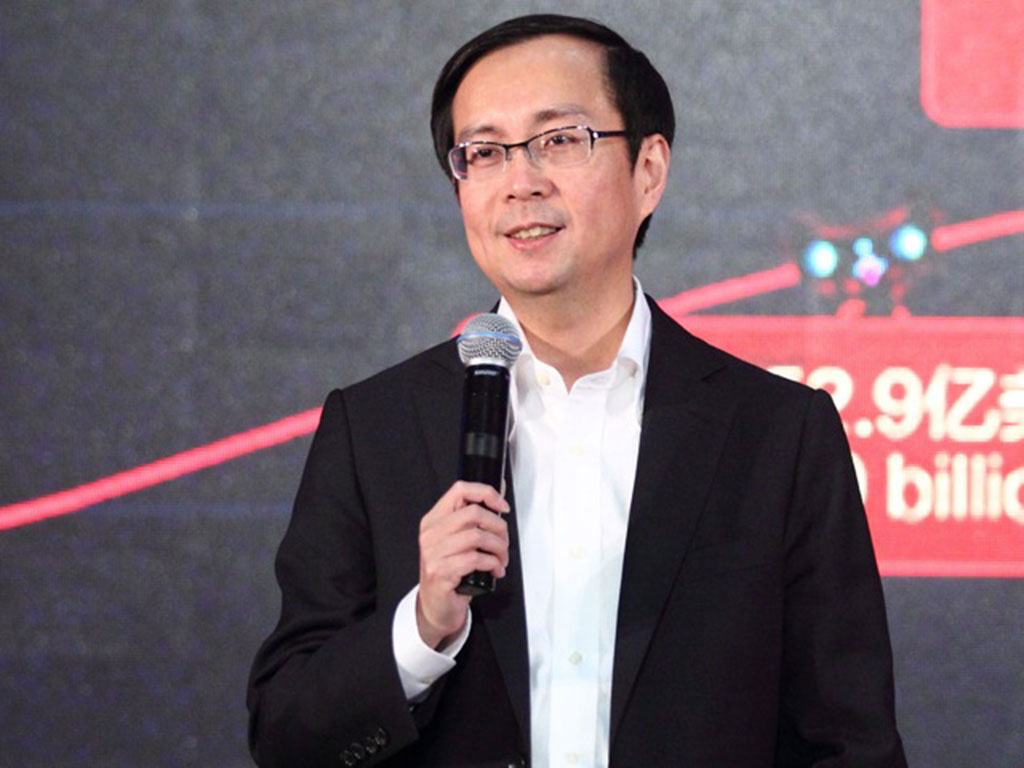
On August 24, Alibaba’s stock price fell by 3.5 percent – closing a touch below the company’s initial public offering (IPO) of $68.
The company’s slide in share price comes at a time when the Chinese stock market as a whole hits an eight-month low, with the country’s central bank stepping in and pumping more than ¥140bn ($218bn) into the financial sector in a bid to slow the decline.
China’s “Black Monday” has had a massive knock-on effect across the globe
China’s “Black Monday” has had a massive knock-on effect across the globe, with more than £74bn being wiped off the FTSE 100. Across the pond, the Dow Jones ended August 25 down 588 points, after falling by more than 1,000 during early-day trading.
But despite the massive market sell-off Alibaba’s CEO, Daniel Zhang, has put on a brave face and told his 35,000 employees – many of whom are shareholders in the company – not to pay too much attention to the global stock market.
“This is not the first time that the global stock market has plunged,” the CEO wrote in the email. “It is not the last time, either. I hope everyone can shift the focus from the stock market to customers.”
“Let’s forget about the stock prices,” he continued. “We should not be distracted by short-term obstacles, but plan for the future and stick to it.”
Alibaba saw its share price reach a high of $119.15 in November last year, as a result of investors at home and abroad wanting to get profit from the company’s burgeoning customer base, with the company boasting more than 300 million customers.
Since then, however, the company has seen its share price gradually slip southward, with investors growing increasingly concerned about the deceleration of the Chinese economy.

